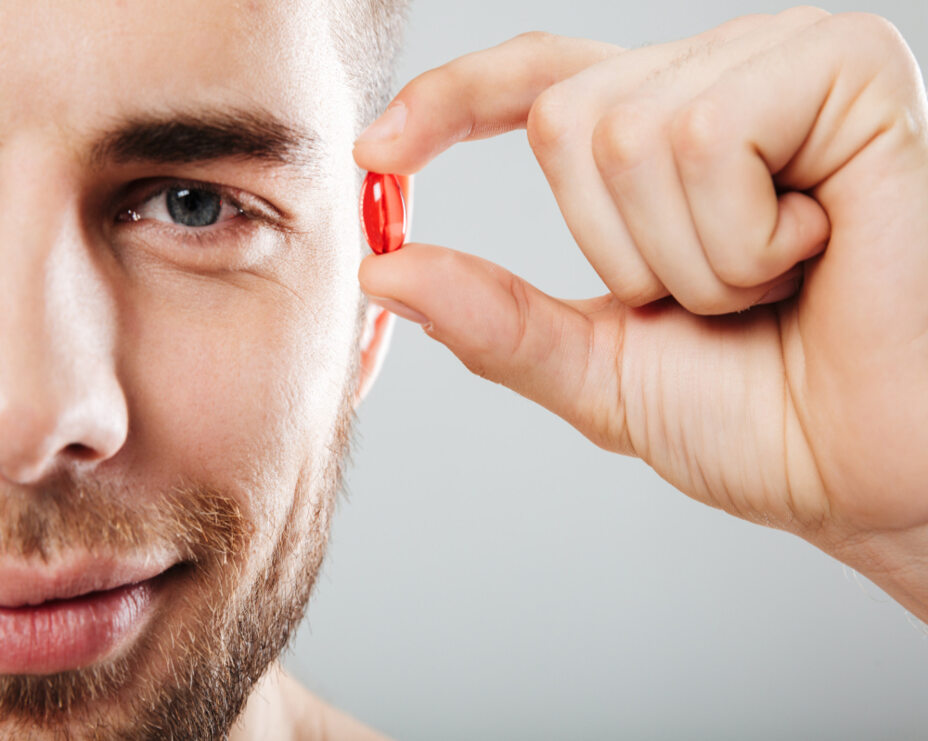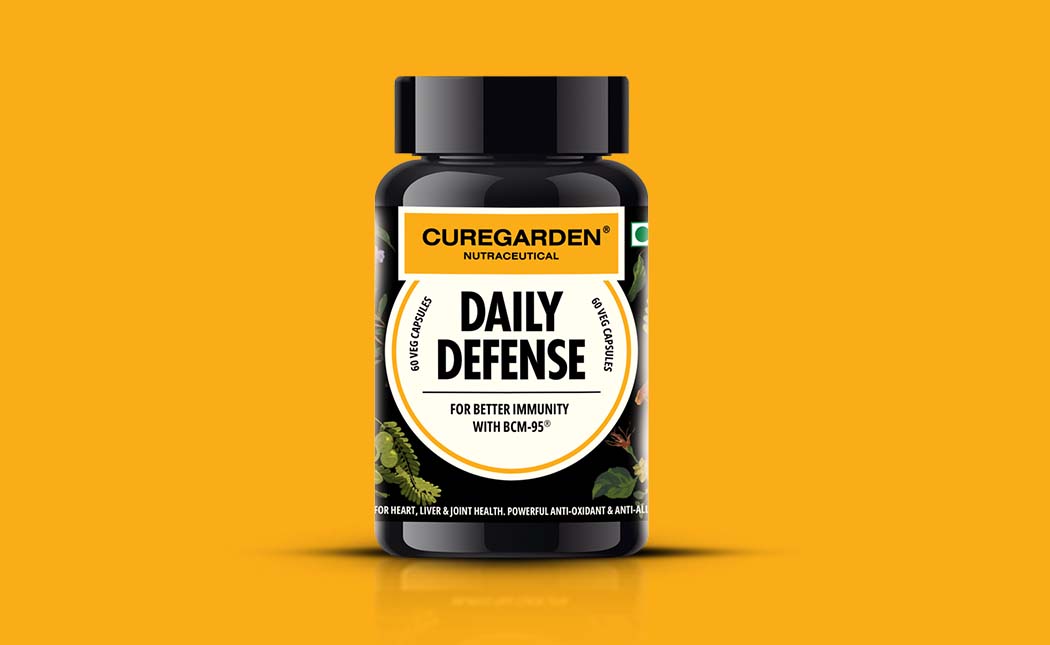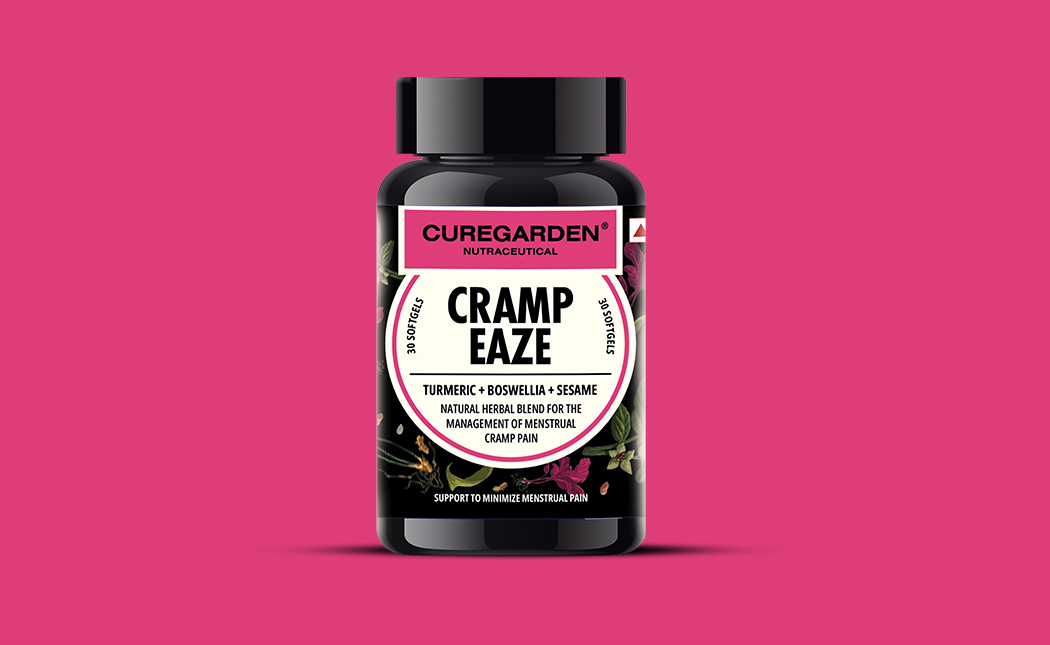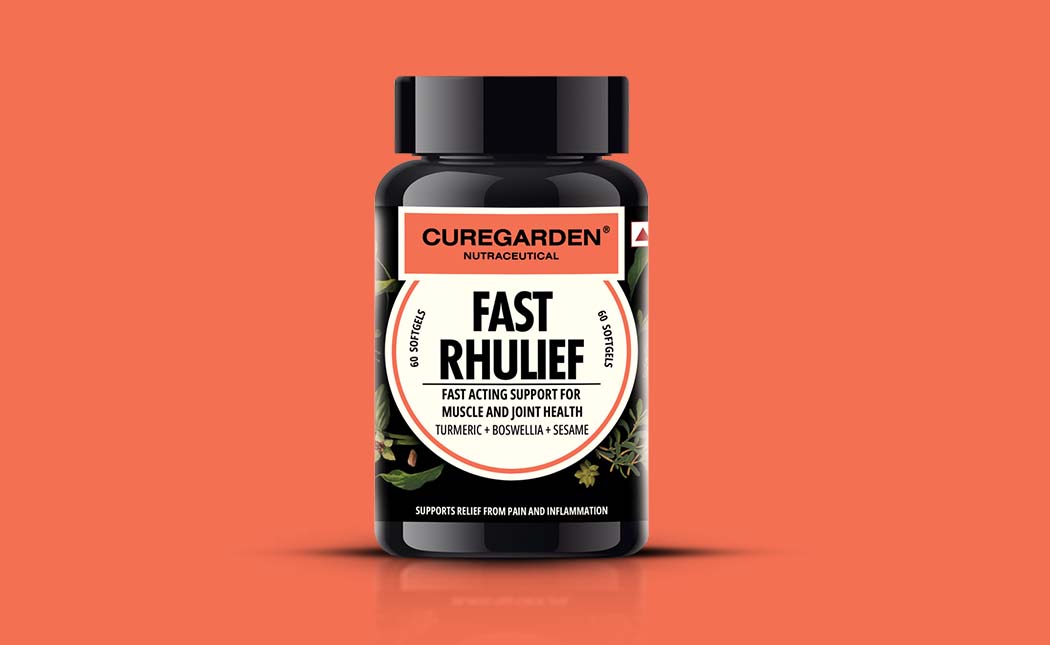Essential Takeaways
The requirement of nutrients is driven by our health and life conditions. While ideally, one should get all nutrients from the food we eat, due to various reasons, it may not be the case. It is essential for us to map our requirements to what we get and take a balanced view towards supplements thereby taking the right supplements only and to the extend which it is needed.
Good nutrition in terms of healthy and adequate diet is necessary for good health. We would preferably want to derive most of our vitamins, minerals and other essential nutrients from wholesome nutrient-dense food. When we hear words like deficiencies we tend to question ourselves whether we are really eating a balanced diet. Since most of us feel healthy and fit, we also question the need for supplements. The fact that supplements look like medicines is a mental block that stops us from looking at it with a perspective of a nutritional necessity.
With the help ofImmunity booster supplements, people can support the inbuilt immunity system of the human body. Depending on our lifestyle, stress, and societal commitments, we often forget how to balance our daily diets. Additionally, since each of our body compositions are different, we may need help from such immunity booster supplements India to improve the quality of our health, reduce the deficiencies and enjoy the aging process naturally. Supplements are in general the unsung heroes in the human body, as they constantly defend the body in fighting off infections, and contagious diseases all day long. Moreover, supplements are designed in the right quantities to fulfill a normal body’s daily micronutrient requirement, without changing the present lifestyle drastically.
In this day and age, having a diet that checks all the boxes for balance and nutrition is rare. We all go out to work. We lead busy lives. Most of us eat out and our food is heavy on carbs, fat and caffeine.
Traditionally Indian diet has a lot of variety for cereals, pulses, vegetables, fruits, spices and oils. Due to our busy lifestyles, we tend to eat high carbohydrate meals focusing less on micronutrients. So in come the supplements that create a balance and eliminates nutritional deficiencies in our bodies. Dietary supplements are not food; they are intentionally supplemented over and above your daily diet and need to be consumed only if required.
The question arises, “How do I know if I need a dietary supplement?
Let’s find out.
1. Although one might be consuming enough calories in a day, it doesn’t necessarily indicate that you meet your Recommended Dietary Allowance for vitamins and minerals. To check for possible nutritional deficiency it is advisable to do a vitamin and mineral profile blood test. Along with it also look for signs like unexplained tiredness, fatigue, and headache, white spots on the facial region, dull skin and eyes, hair fall, and unexplained bruises on the body. If deficiencies are not addressed, it leads to a nutritive imbalance in the body that would require supplementation. If one is diagnosed with nutritional deficiency it is necessary to correct it and bring the vitamins/mineral levels under normal range.
2. Our dietary preferences can also decide whether or not we need supplements. If we are vegetarians or vegans, there is a high possibility of developing Vitamin B12, Vitamin D and Iron deficiencies. To correct these deficiencies, supplementation will be necessary along with the diet.
3. Pregnant and lactating mothers should focus on their dietary intake and patterns as proper nutrition will help in the healthy growth of their baby. Correcting maternal nutrition is of utmost priority. Nutrients like Folic acid, Iron and Vitamin B12 should be a prerequisite supplement to avoid developmental birth defects in the child while growing up.
4. As Indians we are prone to being vitamin B12 due to our vegetarian diet preference and Vitamin D deficient due to our skin pigment. These two nutrients are essential for function and metabolism in the body. Vitamin B12 helps keep the body's nerve and blood cells healthy and helps make DNA, it also helps prevent megaloblastic anaemia that makes people tired and weak. Vitamin D is not only responsible for good bone health but is an essential nutrient to maintain body immunity. Monitoring and maintaining these essential vitamins in the body is necessary for optimum growth and development especially in infants, children and young adults.
5. People with clinical conditions are often prone to nutrition deficiencies as their bodies cannot absorb the nutrients through food. For example if a person has Irritable Bowel Syndrome (IBS) which is associated with abdominal pain and cramping, bloating, constipation and diarrhoea. As a result the intestinal lining becomes weak, microvilli are inflamed which reduces the gut motility. This leads to malabsorption of nutrient as most of our nutrient absorption takes place in the small intestine
These people also have diet restrictions that limit their nutrient intake. In such cases, supplementation is the best way to ensure good health.
6. With age, our appetite and food intake reduces and that leads to a dip in our nutrient absorption capacity. Besides, our nutrient requirements tend to change with age and our current diet might not support the necessary nutrient intake. In such cases, supplementing the essential nutrients will lead to a smoother aging transition and decreased progression of age related diseases and disorders.
7. For an athlete, micronutrients like Vitamin D, Vitamin B12, Omega – 3, Iron, Collagen, L-carnitine are an important aid in recovery, muscle synthesis and performance.
9. Supplements provide the necessary nutrient in a higher concentration than what we might get from food. To meet our micronutrient requirements, we need to eat large quantities of food which is not feasible or viable. Eating more to supplement nutrients increases the chances of a higher calorie diet which is not suitable. Thus supplementation is the most convenient way to achieve a balance in your diet.
Supplements seem like the faster and easier way to get nutrients but we need to remember that pills cannot replace food. We should have them along with a balanced diet to derive maximum benefit. Consuming too many supplements can also cause harmful effects and toxicities in the body.
There might be supplements that are contraindicated to the medicines you might be taking or to other supplements you might be having. So be sure to consult a qualified dietitian or nutritionist before taking supplements.
Have a healthy, balanced body and life.
About the author
Essential Takeaways
The requirement of nutrients is driven by our health and life conditions. While ideally, one should get all nutrients from the food we eat, due to various reasons, it may not be the case. It is essential for us to map our requirements to what we get and take a balanced view towards supplements thereby taking the right supplements only and to the extend which it is needed.











